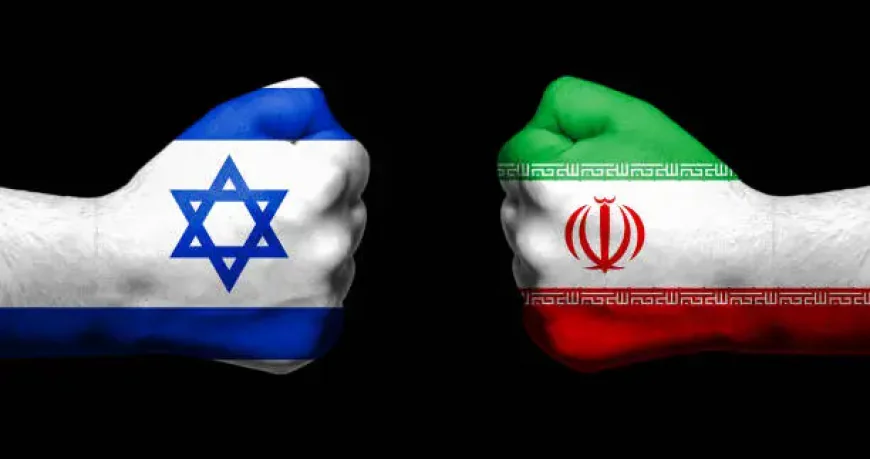World Holds Breath: Israel and Iran's Direct War Begins – What Happens Next?
The long-feared Iran-Israel war has erupted, with both sides exchanging deadly threats. As global leaders call for peace, the region braces for devastating consequences.

The war that experts and world leaders have long feared has officially begun between Iran and Israel, igniting concerns of a broader regional crisis.
There is little optimism from either Tehran or Tel Aviv that hostilities will end soon. Instead, both sides appear to be preparing for an extended and potentially devastating conflict.
Despite urgent international appeals for restraint, both nations have doubled down on aggressive rhetoric and actions. Israel has warned that “Tehran will burn,” while Iran has threatened to “open the doors of hell.” Both countries, it seems, are bracing for a prolonged showdown—each seeking survival through strength.
Strategic Shifts and Escalation
The latest hostilities follow coordinated attacks in Gaza and Lebanon, with Israel claiming a stronger position. Iran, facing internal pressures and weakened support from proxy groups like Hamas and Hezbollah, finds itself more vulnerable than in past confrontations.
Iran is also aware of Israel’s intelligence capabilities, which reportedly include deep access into Iranian civil and military infrastructure.
Israel, on the other hand, enjoys guaranteed support from the United States. As tensions soared, British Prime Minister Keir Starmer announced that RAF Typhoon jets have been deployed to the region as a contingency, though he declined to detail specific engagement plans.
Iran’s backing from nations like Russia or China remains uncertain. Still, Tehran appears determined to resist and retaliate, regardless of the odds.
Global Ramifications Loom
Analysts warn the conflict could spiral quickly. One of the most immediate threats is the Strait of Hormuz—a chokepoint through which about 25% of the world’s oil supply passes. Any disruption there could trigger a global economic shock.
Iran might also target American military bases in the Gulf region, a move that risks drawing the United States directly into the war. Such escalation would mark a dangerous new phase.
The potential use—or development—of nuclear weapons adds another level of peril. Speculation persists over whether Iran might attempt to build a nuclear weapon mid-conflict. Israel, which already possesses nuclear capabilities, could respond with overwhelming force, including strikes aimed at the Iranian regime’s leadership.
A Dangerous Road Ahead
With high casualties already expected and infrastructure in both countries bracing for attacks, the international community fears that the conflict will spill beyond borders. The days ahead are likely to be marked by continued airstrikes, cyberattacks, retaliatory operations, and deepening humanitarian concerns.
Diplomatic efforts are ongoing, but without a meaningful breakthrough, the Iran-Israel war threatens to reshape the geopolitical landscape of the Middle East—and beyond.


